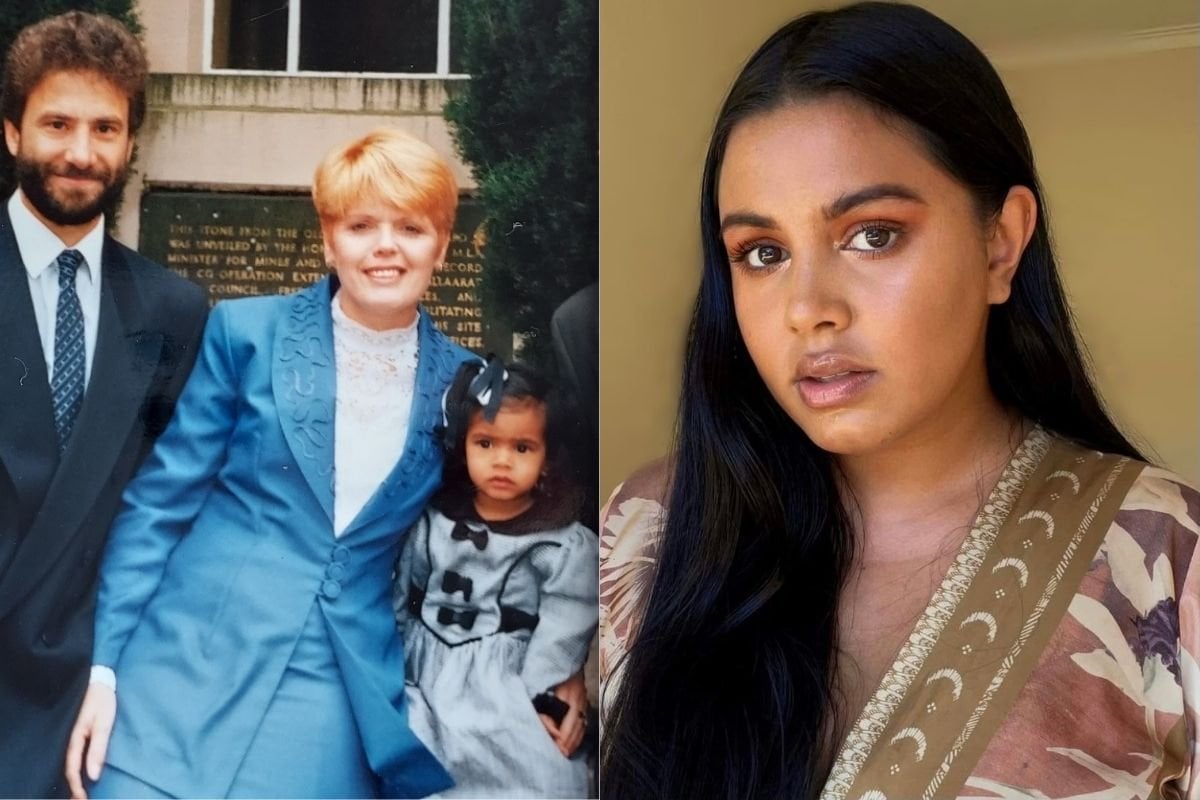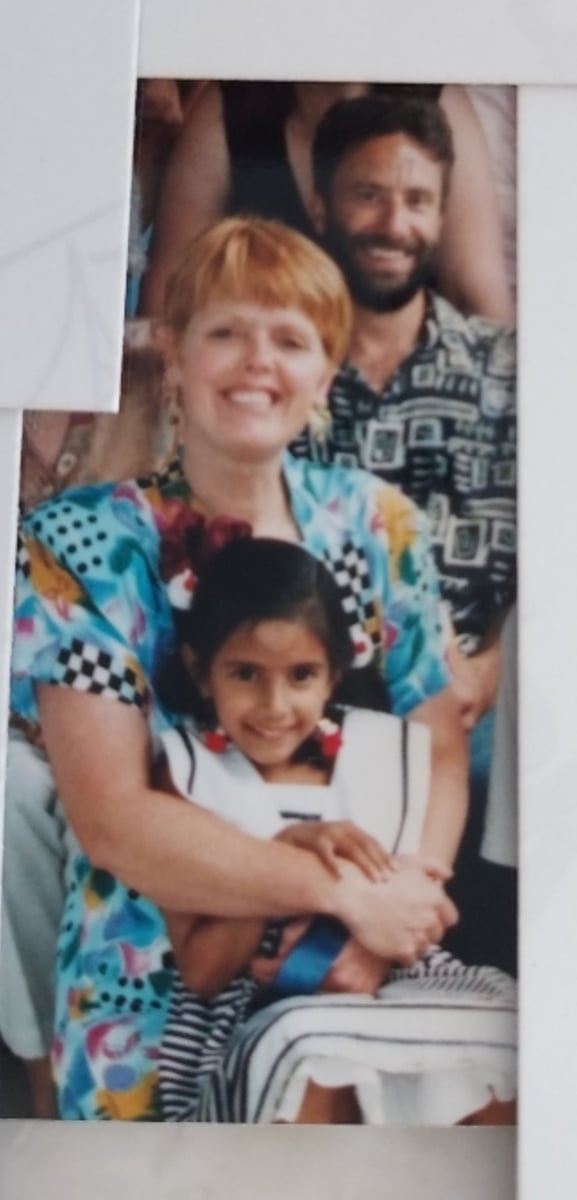
My name is Ruchi Page, and I am adopted from Calcutta, India.
Although the process was planned, my arrival date was not, so I surprisingly arrived in Melbourne on Christmas day, 1993 at the ripe age of four months old and continued to be raised in Australia.
My Aussie family saturated me with love, generosity and values which filled my life with support and opportunity.
Thanks fam.
Watch: Parents describe what led them to adopt. Post continues below.
To be honest, I don’t know my life any other way. Makes sense right? But from childhood to adulthood my adoption story (or ‘how did I get here’ explanation) would unfold through conversations and seemed to astonish/confuse many faces.
I can confidently confirm that each time I have either been asked about my origin or explained my adoption, the following five questions have been asked in this exact order.
Here’s what I want you to know, as an adopted person.




Top Comments